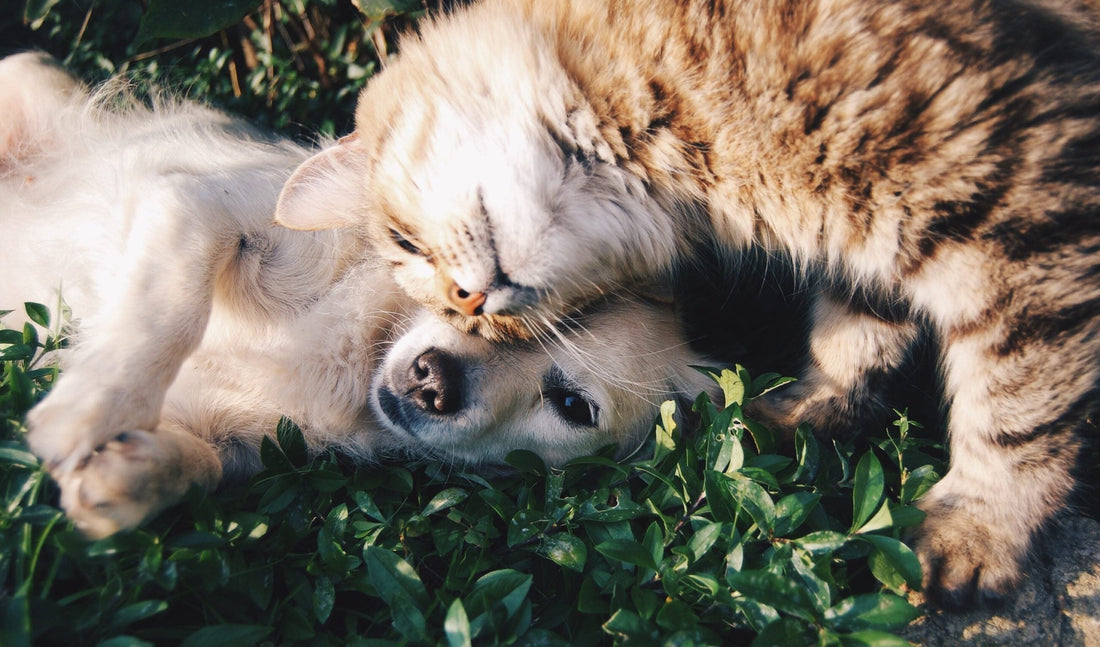
Five Questions All Cat Owners Should Ask Their Vets
Every trip to the vet — even for a routine checkup — comes with some degree of uncertainty. Of course, that becomes more and more exacerbated as your furry friends grow older. You never quite know what you’re going to find out.
If you have an active or hyper pet, then you’ll spend most of your time at the office focused on your furry companion’s behavior. If there are other animals in the waiting room, things may get even dicier. If you’re filling out paperwork then you’re certainly focused on providing as much accurate and current information as you can.
Whatever the case, there’s a lot happening and that can cause you to go into auto-pilot mode. It’s frazzling and anxiety-inducing for many people. You get in a state of robotic movements and actions and tend to forget why you’re there in the first place. You may have even experienced this sort of thing when visiting your own doctor.
Unfortunately, all that stress can cause you to forget about what’s important — the health of your pet. A healthy dose of insights from your vet can clue you in as to how your companion is doing, how well you have been taking care of them, and much more. But you actually have to engage, which means planning out what you’re going to ask or what you’re going to talk to the vet about.
To help keep your eye on the furball, so to speak, we’ve compiled a quick list of important questions you should be asking your vet each time you see them:
1. How’s My Cat's Weight
Like humans, animals can be obese too, believe it or not. In fact, a clinical survey published in 2018 by the Association for Pet Obesity Prevention reported startling numbers. Purportedly, 56 percent of dogs and 59.5 percent of cats are either overweight or clinically obese.
And like humans, overweight animals are at a higher risk for contracting diabetes, heart disease and many other problems.
Sometimes it’s difficult to tell whether or not an animal is obese, especially if they’re fluffy or have a lot of fur. That’s why it’s important to ask your vet for more information. If they do inform you that your pet is overweight, start discussing a proper diet. You’ll also want to put together an exercise regimen for your petl. Even routine walks or cardio-based play sessions can help burn off excess fat.
2. How Do Their Teeth and Gums Look?
Stinky breath is common in animals like dogs and cats, more so in the former. But while it is sometimes warranted, there may be a reason why their breath is particularly rank. Rotting teeth, periodontal disease and poor dental hygiene can also be a cause of raunchy breath. Worse yet, it can lead to additional problems if it’s not properly cared for including a heart infection called endocarditis.
Always ask your vet about the condition of your pet’s teeth and gums. They may need a dental cleaning, and you may need to swap food types especially if you’re feeding your companion soft foods. Other treatments may be recommended such as dental-friendly toys and bones for dogs, or something similar for felines.
3. Is My Cat Up-to-Date on Shots?
Vets can be distracted like anyone else. Yes, they should always check whether or not your pet is up-to-date on their vaccinations, but it’s something that can be easily overlooked.
Be sure to take the initiative and inquire whether or not your companion is due. It can mean the difference between life and death in certain circumstances, or at the very least it can help prevent your best friend from getting really sick.
4. Are There Any Seasonal Concerns to Worry About?
Fleas, ticks, snakes, dangerous flora, rodenticides and poisonous chemicals, and many other hazards might crop up during certain times of the year. It always helps to be aware of what your pet could potentially come in contact with, good and bad. Ask your vet what to watch out for, at least until your next visit. You may be surprised to find out what they recommend or suggest.
Rogue mushrooms, poisonous plants, ant sprays and poisons, these are all commonly found outdoors sometimes right even in your backyard. Be sure to survey the areas where your pets will spend most of their time and keep an eye out for some of these potential hazards.
5. What Does X Behavior Mean?
If your companion has been exhibiting odd behavior then be sure to inquire about it with your vet. Wheezing or coughing, limping, groaning and uncomfortable noises, these are all signs that something might be wrong with your friend.
A great way to keep track of this is to write down any odd behaviors you observe. If the behavior is consistent and not just a fluke, then you’ll want to ask your vet about what’s going on. If a concerning behavior elevates in intensity — like limping turning into complete lethargy — then you’ll want to take your pet to a clinic immediately.
Further you can also keep track of your furry baby with the Tabcat Cat Finder too. All in all, don’t be afraid or shy. Be sure to ask the right questions about your furry companions so you know they’re being taken care of and treated properly!
 UK
UK
 USA
USA
 GLOBAL
GLOBAL
